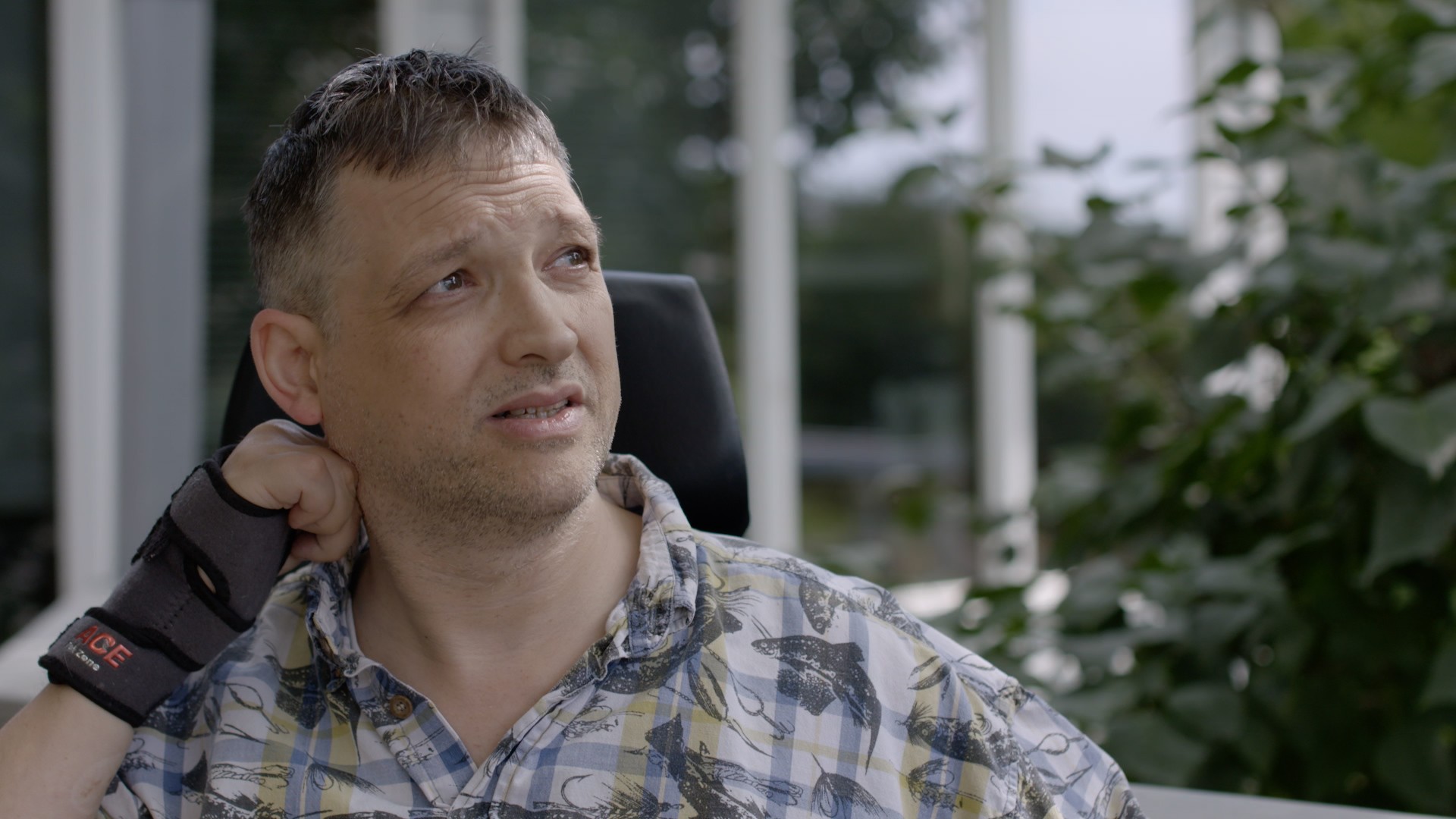images via wikipedia commons / Shutterstock.
In recent years there’s been no shortage of research suggesting that psychedelic drugs have medicinal applications. Studies out of the United States and Canada have pointed to a whole range of (still experimental) uses for MDMA and psilocybin, from treating PTSD and depression, to breaking addictions, to helping us face death.But when it comes to making emerging treatments available to the public, especially drugs with a not-insignificant amount of cultural baggage, research alone isn’t enough. Looking to the cannabis movement, which just celebrated legalization in Canada on October 17, it was court battles over medicinal access that really put gears in motion nearly 20 years earlier.Which is why my ears perked up when Bruce Tobin, an adjunct professor at the University of Victoria and practicing psychotherapist, told a crowd of more than 100 academics last week that he’s preparing for precisely this kind of legal battle, only this time he’s seeking medicinal access to the active ingredient in shrooms for end-of-life cancer patients.In a Friday morning conference session titled Activist Therapists: Taking Initiatives to Change Laws, Tobin recounted how it was a patient suffering from a terminal illness who first asked him to supervise a psychedelic session—a request he knew he couldn’t fulfill under Canadian law. Tobin said this patient had tried pills, talk therapy, and even $1,000-a-day residential treatment in effort to beat debilitating anxiety around the certainty of their own death. They had read the same studies many of us have, recounted in the New York Times and elsewhere, that found a one-time psilocybin trip in a clinical setting can help relieve overwhelming existential distress.“I was uncomfortable about breaking the law, but I didn’t want to ignore the suffering of my patients or my ethical duty toward them,” Tobin told the crowd. “I thought if I don’t want to break the law, I better try to change the law.” (This call to action prompted one of the most enthusiastic rounds of applause I heard that morning.)With studies from John Hopkins Medical Center and New York University in hand, Tobin applied for an exemption under the Controlled Drugs and Substances Act in January 2017. In early discussions with Health Canada, Tobin learned he was the first therapist to bring forward a proposal of this kind in Canada.So far the feds have been reluctant to move forward with the application without enthusiastic endorsements from BC’s health ministry and medical regulators—players Tobin says have been “noncommittal” when approached by his team.But Tobin says the project felt winds in its sails again this summer, when he connected with two Toronto cannabis lawyers interested in taking on his case pro-bono. One of those lawyers, Paul Lewin, has 20 years’ experience on the cannabis file and even defended for one of Canada’s landmark cases in 2013.Of course, there’s still a lot we don’t know about psychedelics, particularly when it comes to long-term effects. For now Tobin is limiting his request to patients with terminal cancer diagnoses—people so paralyzed by psychological distress that it’s interfering with their other treatment, and who don’t have a “long-term” to look forward to. But Tobin suspects this definition could expand over time as more studies and clinical trials accumulate.“At this point we are really focused on turning that door handle, and that door at first is going to open just a very thin crack,” he said. “My guess is that once we get that underway we’re going to start seeing news stories coming out about the success in treatment of those patients, and things will begin to broaden out from the focus on end-of-life cancer patients, to end-of-life patients suffering other kinds of serious diseases like HIV-AIDS, and things will continue to broaden out from there.”“I’m prepared to stay legal, to completely respect the law,” he said. “We have chosen to emulate the research at Johns Hopkins Medical Center as closely as we possibly can because they are the leaders in the science, and I think the less we invent our own wheel, the more we go with the accepted paradigm, the easier it will be for us, either with Health Canada or later in a court situation.”Now that Canadian governments are in the business of selling bongs and rolling papers, I have to admit, no outcome seems off-limits.Follow Sarah Berman on Twitter.Sign up for the VICE Canada Newsletter to get the best of VICE Canada delivered to your inbox.An earlier version of this story misstated cannabis lawyer Paul Lewin's first name. It's Paul, not Peter.
Tobin said this patient had tried pills, talk therapy, and even $1,000-a-day residential treatment in effort to beat debilitating anxiety around the certainty of their own death. They had read the same studies many of us have, recounted in the New York Times and elsewhere, that found a one-time psilocybin trip in a clinical setting can help relieve overwhelming existential distress.“I was uncomfortable about breaking the law, but I didn’t want to ignore the suffering of my patients or my ethical duty toward them,” Tobin told the crowd. “I thought if I don’t want to break the law, I better try to change the law.” (This call to action prompted one of the most enthusiastic rounds of applause I heard that morning.)With studies from John Hopkins Medical Center and New York University in hand, Tobin applied for an exemption under the Controlled Drugs and Substances Act in January 2017. In early discussions with Health Canada, Tobin learned he was the first therapist to bring forward a proposal of this kind in Canada.So far the feds have been reluctant to move forward with the application without enthusiastic endorsements from BC’s health ministry and medical regulators—players Tobin says have been “noncommittal” when approached by his team.But Tobin says the project felt winds in its sails again this summer, when he connected with two Toronto cannabis lawyers interested in taking on his case pro-bono. One of those lawyers, Paul Lewin, has 20 years’ experience on the cannabis file and even defended for one of Canada’s landmark cases in 2013.Of course, there’s still a lot we don’t know about psychedelics, particularly when it comes to long-term effects. For now Tobin is limiting his request to patients with terminal cancer diagnoses—people so paralyzed by psychological distress that it’s interfering with their other treatment, and who don’t have a “long-term” to look forward to. But Tobin suspects this definition could expand over time as more studies and clinical trials accumulate.“At this point we are really focused on turning that door handle, and that door at first is going to open just a very thin crack,” he said. “My guess is that once we get that underway we’re going to start seeing news stories coming out about the success in treatment of those patients, and things will begin to broaden out from the focus on end-of-life cancer patients, to end-of-life patients suffering other kinds of serious diseases like HIV-AIDS, and things will continue to broaden out from there.”“I’m prepared to stay legal, to completely respect the law,” he said. “We have chosen to emulate the research at Johns Hopkins Medical Center as closely as we possibly can because they are the leaders in the science, and I think the less we invent our own wheel, the more we go with the accepted paradigm, the easier it will be for us, either with Health Canada or later in a court situation.”Now that Canadian governments are in the business of selling bongs and rolling papers, I have to admit, no outcome seems off-limits.Follow Sarah Berman on Twitter.Sign up for the VICE Canada Newsletter to get the best of VICE Canada delivered to your inbox.An earlier version of this story misstated cannabis lawyer Paul Lewin's first name. It's Paul, not Peter.
Advertisement

Advertisement
“He told me the other day on the phone that this is my most exciting case,” Tobin told VICE shortly after his talk. “So that’s really infused a new sense of energy and momentum into our dream.” With his new legal team and six other therapists, Tobin officially launched the Therapeutic Psilocybin for Canadians project days before weed became legal.Tobin hasn’t been formally rejected by Health Canada, and he still hopes for a solution outside a courtroom. But given that Canadian courts have already decided that limiting medicinal access to an illegal drug like cannabis violates our constitutional rights, Tobin is feeling optimistic about the future of psychedelic science and treatment in Canada.“I expect the timeline is going to be much shorter,” Tobin told VICE. “My basic attitude toward this whole thing has been careful, modest steps—slow and steady wins the race. So we have given our project a very narrow focus in terms of what we want to see initially. We’re targeting end-of-life patients for whom nothing else has worked.”
Advertisement
But even by optimistic projections, Tobin recognizes that some patients aren’t going to live long enough to see his team get legal backing. “Unfortunately that’s true, that’s a sad part of this story,” he told VICE.Tobin says he didn’t “consciously” choose the same week as weed legalization to go public, but the timing makes for an interesting comparison. While Tobin’s legal argument may align with arguments made by weed activists of the last 20 years, he’s reluctant to follow in the footsteps of the cannabis movement on a few points. For one, civil disobedience has been a major tool in the weed activism toolbox, but Tobin wants to stay far away from what he calls “underground” psychedelic treatment.
Advertisement
